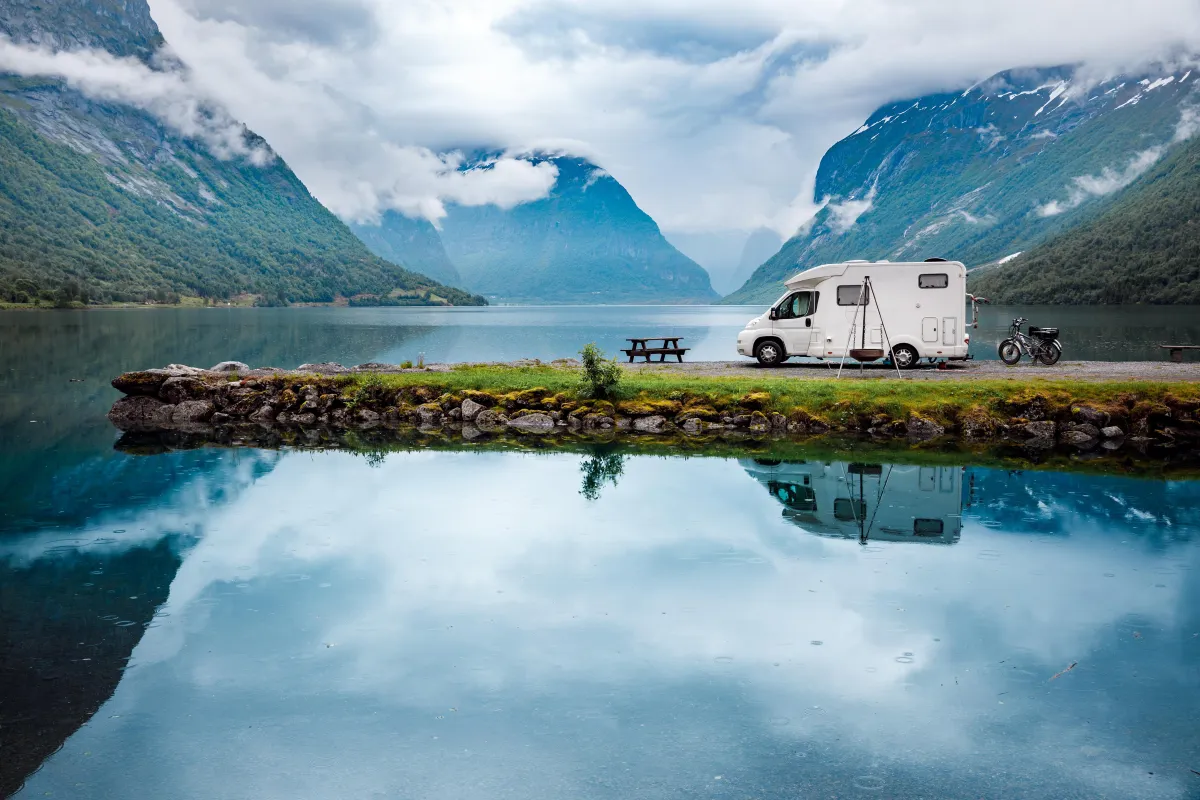
Are You a Pusher or a Puller?
RV Owner Profiles: Are You a Pusher- or a Puller-Type?
“Know Thyself” is what the ancient Greeks taught us, and that is especially good advice for anyone in the RV market. If you are in the ready to hit the road and take your creature comforts with you, it is necessary to find out what ‘type’ of RV buyer you are. There are many choices in the motorhome market, and you should weigh of your family’s needs with your personal preferences before you walk into a dealership. You will be able to prioritize all the options better by asking yourself the following questions:
1. Do you have lots of family and friends to bring on board?
2. Is fuel economy extremely important to you?
3. Do you like quietness and relaxation while driving?
4. Do you like to travel very long distances at a time?
5. Do you place high importance on luxury (lifestyle accommodations while aboard)?
If you answered YES to three or more of these, you are definitely in the market for an RV Diesel “Pusher”, or a motorhome whose engine is positioned in back. The design of this layout (often on a bus chassis) offers more spacious accommodations and comfortability. Not to mention the myriad additional lifestyle benefits that increased torque and towing capacity can offer.
By and large, space makes a big difference. If you require more room to spread out and relax, a pusher may be more suitable for your needs. Pullers can require a long drive shaft and exhaust system that goes down the middle of the RV. A pusher, however, will typically use all that space to house holding tanks, fuel tanks, storage, etc. A puller will likely also have a “dog house” style cover for the motor inside the RV, versus a pusher’s flat floor space in the front.
Diesel- versus gas-powered engine maintenance is something to consider as well. According to Beaver Coach Sales in Bend, OR: “One inescapable truth is that it’s more expensive to work on diesel engines than gasoline ones. This is due in part to the fact that diesel mechanics go through special training, and are thus less common in the work force. When something goes wrong with your RV, it might cost more than it would were your RV powered by a gasoline engine. While maintenance for diesel engines may cost more than it would for a gasoline engine, maintenance is needed much less frequently than it would be for a gas engine. Diesel engines will keep running for decades without problem, and many engines get several hundred thousand miles under their belts without calling it quits. If you want to ensure the long-term usability of your RV, diesel is the obvious choice.”
Know your personal profile before you walk into a dealership and get overwhelmed, or worse, get trapped in a purchase of a motorhome with either excessive or under-serving options. And remember that with any class of RV you will be dealing with a bulky vehicle, especially if you buy a pusher-type. Be sure to check restrictions in any campground or area where you’d like to maneuver. Happy Trails!